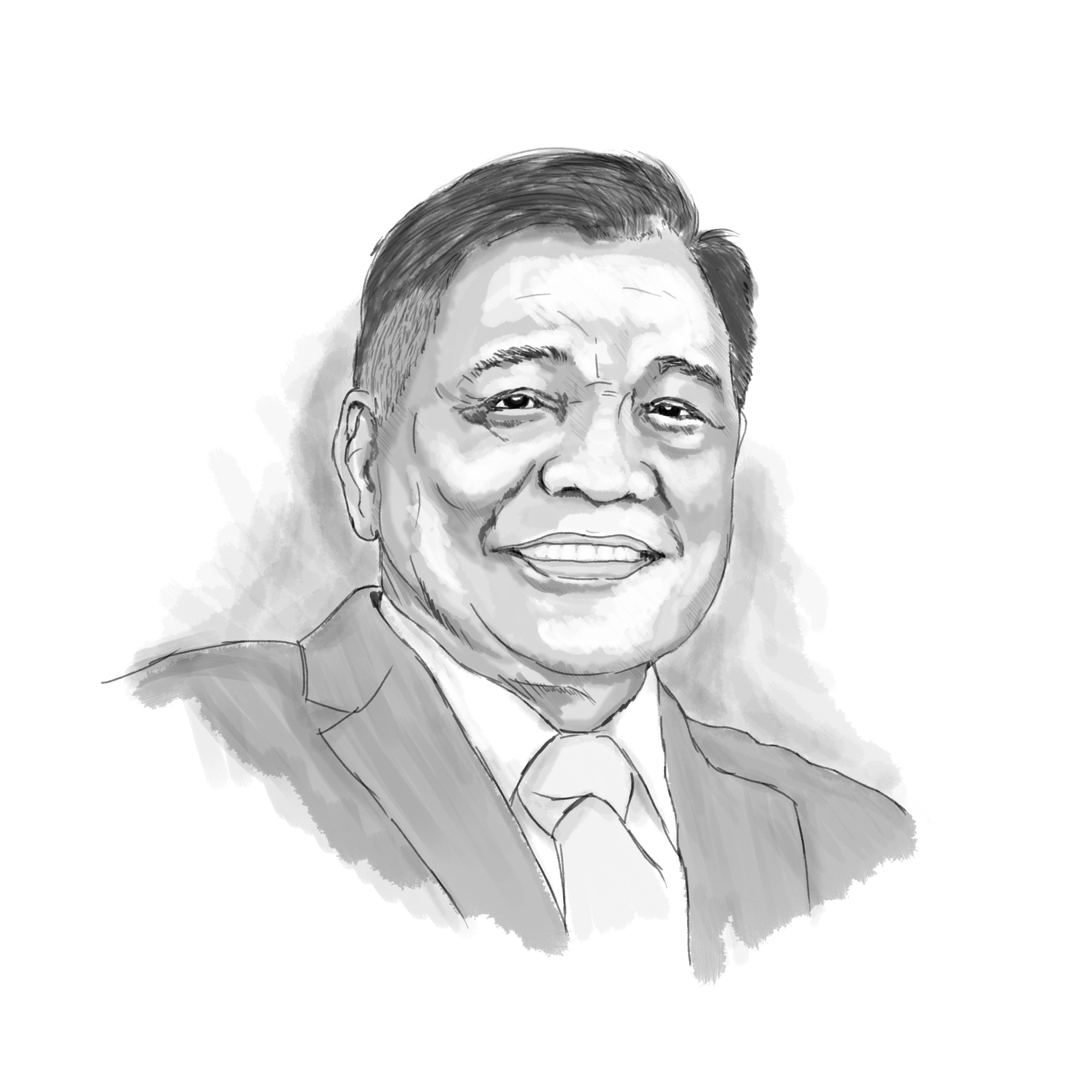FINDING ANSWERS

Intrigue marked the buildup to yesterday’s State of the Nation Address due to a remark of Vice President Sara Duterte that she won't attend the event because she’s the self-appointed “designated survivor.”
Her remark, made after it was known she quit as DepEd chief, has elicited negative reactions, with administration allies and critics alike treating her statement as a sort of security threat or cruel joke.
It’s quite understandable why her reason to skip the SONA was shocking to those who perceived her statement was uttered in the context of a grim scenario in which disaster would hit the Batasan Pambansa complex, similar to what occurred in Netflix’s “Designated Survivor” series.
The Netflix thriller is about a Cabinet member, the designated survivor who does not attend the joint session of the US Congress for the State of the Union speech. He becomes the US president when a terrorist bombing wipes out the political leadership that fateful night.
It’s probably in the context of the Netflix show that criticisms were hurled against the VP’s remark.
“Implying that something bad will happen when President Ferdinand “Bongbong” Marcos Jr. delivers his third SONA on July 22 is a very serious matter that warrants an investigation,” Senior Deputy Speaker and Pampanga Rep. Aurelio Gonzales Jr. said.
“The VP is creating or wreaking havoc to the general public. She’s alarming the people,” Gonzales said. “It leaves a bad taste in the mouth, especially coming from a very popular VP.”
In a radio interview, Senate minority leader Sen. Koko Pimentel said: “She should not have done that in the context of SONA… That’s not a good joke.”
Despite the negative reactions, the VP stood her ground. “It is not a joke… it is not a bomb threat. Many missed the point… If you didn’t understand the first time, then I don’t think you deserve an explanation,” she said.
In insisting her remark was not a joke, attention now shifts to her apparent point: the need for a law or clear plan that deals with an exigency resulting from the simultaneous deaths or incapacity of the president and those in the line of succession.
Indeed, we still have no law about the so-called “designated survivor” who shall be tasked not only to avoid any gathering where all top government officials in the line of succession to the presidency are to be present in one place at the same time, but to be acting president when the need arises.
The 1987 Constitution says that if the President dies or is permanently disabled, the Vice President takes over. If that’s not possible, the Senate President is next in line. If still not possible, the House Speaker becomes President. Contrary to wide perception, the Supreme Court Chief Justice is not in the line of succession.
So, what happens if all four top officials of the land become physically unable to handle the reins of government and no one else is mandated to do so? That’s when the situation becomes chaotic.
Cabinet officials might fight each other for power, or the Executive Secretary might insist on acting as President, being “primus inter pares” or the first among equals. Top legislators from both houses of Congress might also want to grab power, feeling they are entitled mainly because they are elected.
Or the head of the Union of Local Authorities of the Philippines, being the leader of the national confederation of all local officials in the country, could insist on taking the top post. Even the military establishment, or the various factions within it, could take over.
Such a scenario, when government leadership is decimated along with all those in line of succession, is certainly not improbable nowadays in this era of widescale terrorism and geopolitical conflicts. Threats of nuclear war have been on the horizon. The availability of supersonic missiles, deadly drones and other high-tech weaponry have also increased chances of such a scenario. Thus, the necessity and urgency of a Designated Survivor Law.
At a recent Kapihan sa Manila Prince Hotel, former Chief Justice Reynato Puno stressed the need for a designated survivor to serve as acting president. “The essence is to prevent any power vacuum in our government… to assure there is continuity of our government in cases of emergency caused by the elimination or incapacity of government leaders,” he said.
Congress is mandated by the Constitution, specifically under Sections 7 and 8 of Article 7, to enact a law that should provide a line a succession beyond the top officials previously mentioned.
If Congress continues to fail in this Constitutional task, the President can issue an executive order outlining a plan of succession. As Justice Puno says, the power to exercise the right to self-preservation of the State is not the exclusive power of Congress.
Whether a Designated Survivor Law originates from the legislature or the executive department might not matter much, although a law passed by Congress is the best option. What really matters most is there is indeed a designated survivor to lead government when, God forbid, catastrophe wipes out our top leaders. ([email protected])